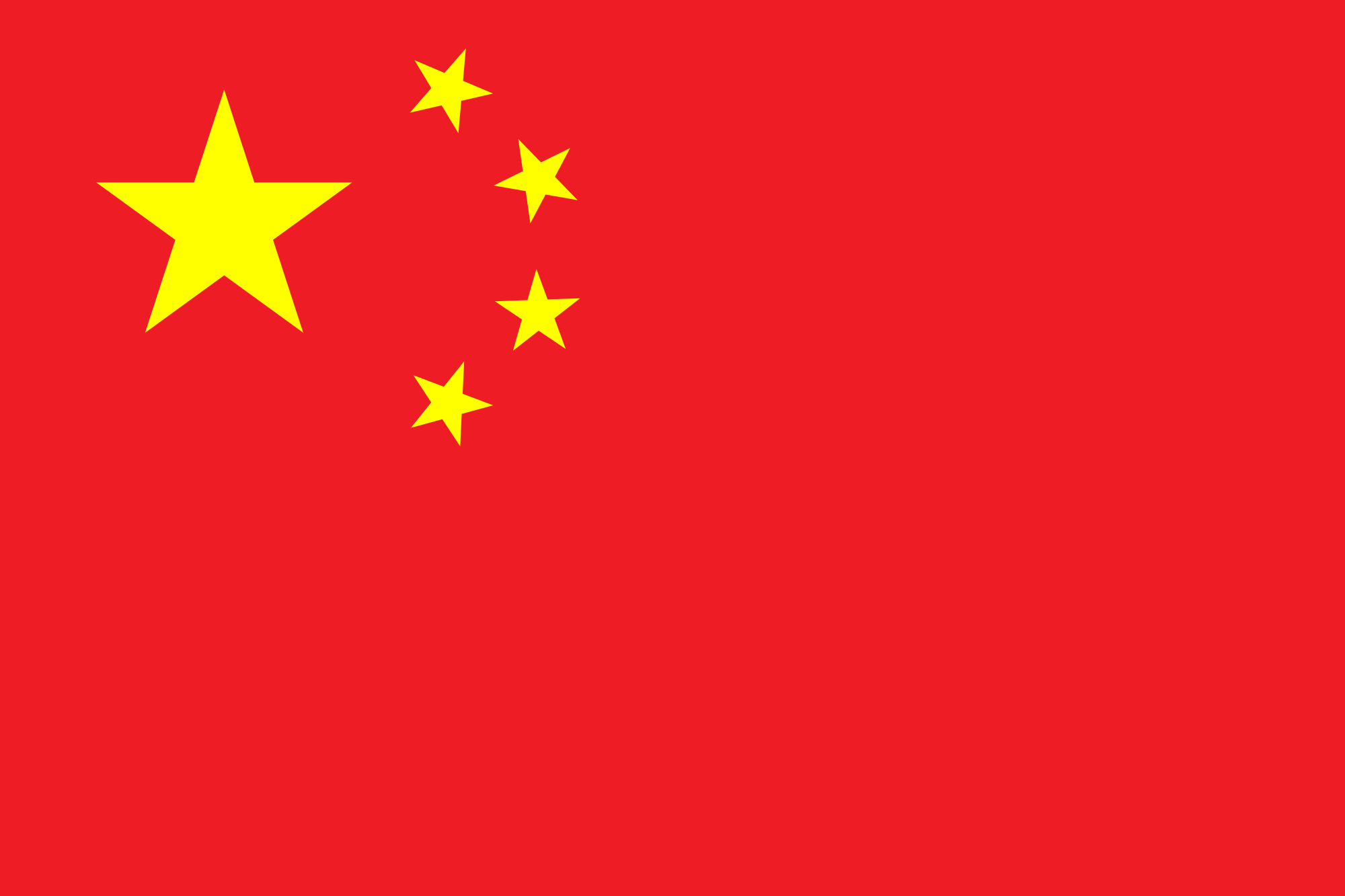The mission of the JPMorgan Chase Institute is to help decision makers – policymakers, businesses, and nonprofit leaders – appreciate the scale, granularity, diversity, and interconnectedness of the global economic system and use better facts, real-time data and thoughtful analysis to make smarter decisions to advance global prosperity.
The President and CEO of the think tank is Diana Farrell, who was previously the Global Head of the McKinsey Center for Government. She also served in the White House as Deputy Director of the National Economic Council (NEC) and Deputy Assistant to the President on Economic Policy from 2009-2011. Prior to serving in the Obama Administration she was head of the McKinsey Global Institute.
Here is the think tank's inaugural report, entitled "Weathering Volatility: Big Data on the Financial Ups and Downs of U.S. Individuals."
Here is what the International Business Times says about the new think tank:
The institute isn't your typical corporate stab at social responsibility. It has access to a uniquely vast trove of customer data: Chase’s checking and savings accounts. Moored to the largest American bank by assets, the think tank says it can put "the broad spectrum of data within the firm to use for the public good.”
The institute's opening comes as major financial institutions try to burnish public reputations still damaged from the fallout of the financial crisis and subsequent scandals. Just a day before the JPMorgan Chase Institute announced itself to the world, the bank pleaded guilty, with several other firms, to criminal antitrust violations related to foreign exchange rigging.
Here is a press release on the new think tank. Here is what Fortune has to say.
JPMorgan Chase is not going blindly into the think tank world. It has experience in the think tank world, including having a joint project with the Brookings Institution called the Global Cities Initiative (which it has advertised in Politico).
Corporate think tanks are quite popular in the US and several other countries these days. A list of the best for-profit (corporate) think tanks can be found here. Currently, the Economist Intelligence Unit (EIU) is the top for-profit think tank, followed by McKinsey Global Institute (MGI), and Google Ideas.
